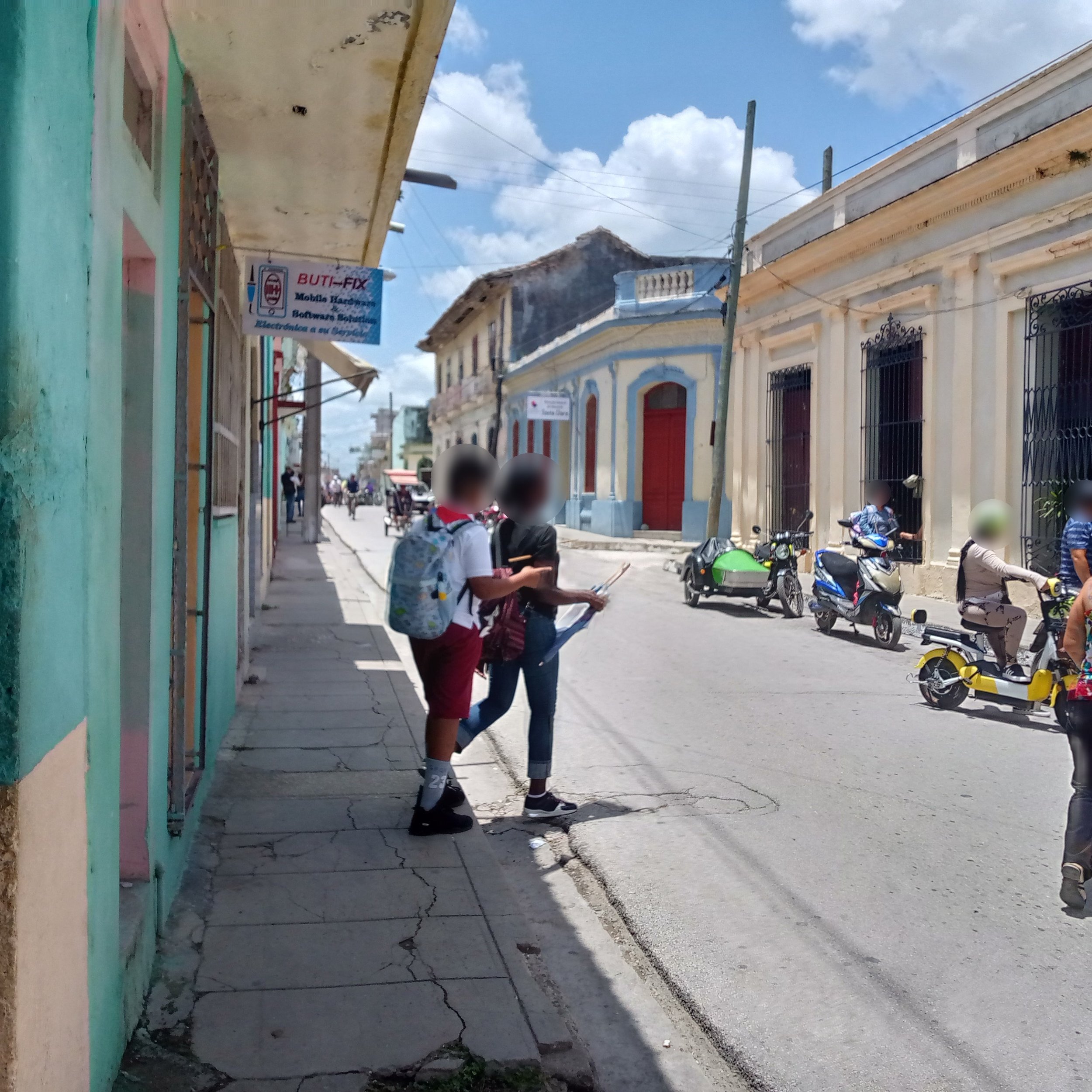Case Study 3
Cuba
The Cuban educational system is an example of the centrality of teachers to promote high education quality with equity, which is based on intense training and support in schools.
Education in Cuba: Quality and Equity in a Teacher-based System
Cuba has a national education system that is internationally recognised for its quality and equity, with high performance in tests and universal access. Education is seen as a right and educators are well-trained and supported by schools, principals, the government and the local community, following national policies and guidelines. In the Cuban case, education is embedded in a socialist system, with a series of policies for education and other social areas.
Cuba is an example of a fruitful interplay between education and external factors, especially the reduced inequality in the country and universal quality education for generations, which create a positive cumulative effect that improves schooling for children.
Context and Relevance: The Challenges of Quality Public Education with Equity
In the past decades, low- and middle-income countries have been expanding their education systems to guarantee the right to education for all. Although combining quality and equity is fundamental for the protection of rights and the promotion of sustainable development, many countries have faced the challenge of expanding the offer with quality and equity.
In response to this challenge, the idea that market-based strategies and private providers should be engaged to improve education access and quality has gained traction internationally. Opposed to this international trend, Cuba is an example of a public education system with high performance and universal principles of equity and inclusion.
The Approach: Social Policies and Teachers to Promote Equity and Quality in Education
Cuba has had sustained high levels of investments in education in a comprehensive and carefully structured system that is embedded in other social policies that promote social equity. Education policies (such as adult literacy and quality rural education) and policies from other social areas (such as preventing child labour) are specifically designed with the goal of quality education with equity for all. Teachers play a central role in this system, with intense pre- and in-service training, and supervision and support from school principals.
Accountability is teacher-based, meaning there is a close relationship between school actors in which teachers are held responsible for advancing learning. Teachers also work with the same students for a long time, promoting a commitment to their learning, and test results are made public but there are no rankings to prevent harmful dynamics of competition and rankings.
Lessons Learned and Limitations
The Cuban case is a reminder and clear illustration of how education is not isolated from other social areas and is not likely to drive social development on its own. It also points to how education improvement can be done with, and through, teachers. Cuban teachers receive continuous training and support, being empowered for quality and change, which contrasts with the proposals of short or fast-track certificates for teachers. Finally, teacher accountability is done with support in a participatory way.
Nonetheless, there are limitations and caveats to the Cuban case. Repressive measures by the Government are widely reported, which limit civil and political rights, democratic freedoms are restricted, and education is often placed as a tool to maintain citizens’ loyalty to the regime. Furthermore, some of the aspects discussed here depend on wider cultural and political vision, such as Cuba’s efforts, over decades, to create a more equal society, which has created greater equality in schools and elevated the quality of education. Relatedly, teacher recruitment depends on the wider social context of salary regulation and social valuing of education. However, the Cuban case does not offer silver bullets or quick solutions, but rather points to how decades of concerted effort have built up quality education. It indicates alternative ways of offering quality education with equity for all, with consistent investment and focus on teachers.
Download the full resource



